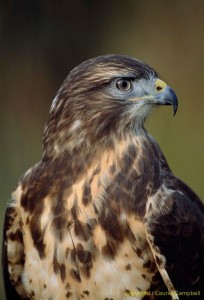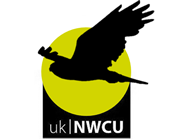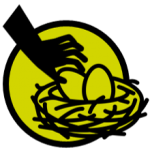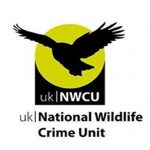 A Weeting gamekeeper admitted shooting and poisoning several birds of prey. Matthew Stroud, age 46, of Fengate in Weeting, appeared at Norwich Magistrates’ Court on Wednesday 5 October 2022 and admitted:
A Weeting gamekeeper admitted shooting and poisoning several birds of prey. Matthew Stroud, age 46, of Fengate in Weeting, appeared at Norwich Magistrates’ Court on Wednesday 5 October 2022 and admitted:
- Six counts of killing a Common Buzzard
- Three counts of using poisoned bait
- One count of intentionally killing a Northern Goshawk
- One count of possessing a regulated substance – Strychnine Hydrochloride – without a licence
- One count of possessing 4 shotguns to kill a Schedule 1 wild bird
- One count of releasing 3,400 Common Pheasants into the wild
- One count of incorrectly storing a biocidal product – Rentokil Phostoxin
He received a 12-month Community Order and was ordered to do 200 hours of unpaid work, fined £692 and ordered to pay costs of £145, compensation of £288.72 and a victim surcharge of £95. The court also ordered the forfeiture and destruction of all Stroud’s firearms, mobile phones and any chemicals.
The court heard how the investigation started when RSPB officers found a young pheasant dead in Belvedere Wood, Weeting, on 19 August 2021. Tests later confirmed the pheasant had been poisoned with Strychnine Hydrochloride.
Further intelligence led Norfolk Police to execute a warrant at Stroud’s home, Belvedere Wood and Oisier Carr Wood on 14 September 2021 where the following discoveries were made:
- Three dead buzzards were found at two release pens in Oisier Carr Wood. Tests later confirmed they had been shot.
- Two pheasant carcasses with extremely high levels of Strychnine Hydrochloride and a poisoned Common Buzzard were found in Belvedere Wood – a Site of Special Scientific Interest because of its internationally important population of Stone Curlews
- Two bottles of Strychnine Chloride were found in the glovebox of Stroud’s all-terrain vehicle, and a bottle of Phostoxin discovered by officers in a lean-too style shed attached to his house.
In addition, Stroud’s mobile phone contained photos of a dead Goshawk and five dead Common Buzzards. He later confessed to officers that all the photos were of birds he had killed.
PC Chris Shelley, Norfolk Constabulary’s Rural Crime Officer, said: “This investigation is one of the biggest cases of its kind that we have dealt with in Norfolk.
“Stroud actions were dangerous and inhumane – he shot and poisoned birds of prey as he saw fit, and at will, because it suited him to do so. He also used a highly dangerous poison – one that has been banned in the UK for the last 15 years – indiscriminately, which could have had a disastrous effect on other local wildlife and showed a scant disregard for the safety of others.
“We’re committed to working with all partners to tackle rural crime and have worked closely with colleagues from the RSPB, the National Wildlife Crime Unit and Natural England throughout this investigation. It is because of this close collaboration with them that we have been able to bring this case to court.”
Tom Grose, RSPB Investigations Officer, said: “Laying poison baits out in the open is not only illegal but extremely dangerous and irresponsible. Baits like those being used present a deadly risk to any animal or person that might come across it.
“It is particularly troubling that this was happening on an SPA, a designated area where wildlife and nature should have the highest legal protection.
“We would like to thank Norfolk Police for leading such a thorough investigation, and to Natural England, the National Wildlife Crime Unit and Crown Prosecution Service for their support.”
Ashley Petchey of the Crown Prosecution Service said: “This was a case where Mr Stroud has, whilst in his position as a gamekeeper, killed wild birds by shooting and poisoning. He has also released non-native species into a SSSI.
“The scale of the offences in this case demonstrates the lengths people will go to in order to persecute raptors.
“The Crown take all cases of raptor persecution seriously and where the full code test is met, bring offenders to justice.”
Source: Norfolk Police




